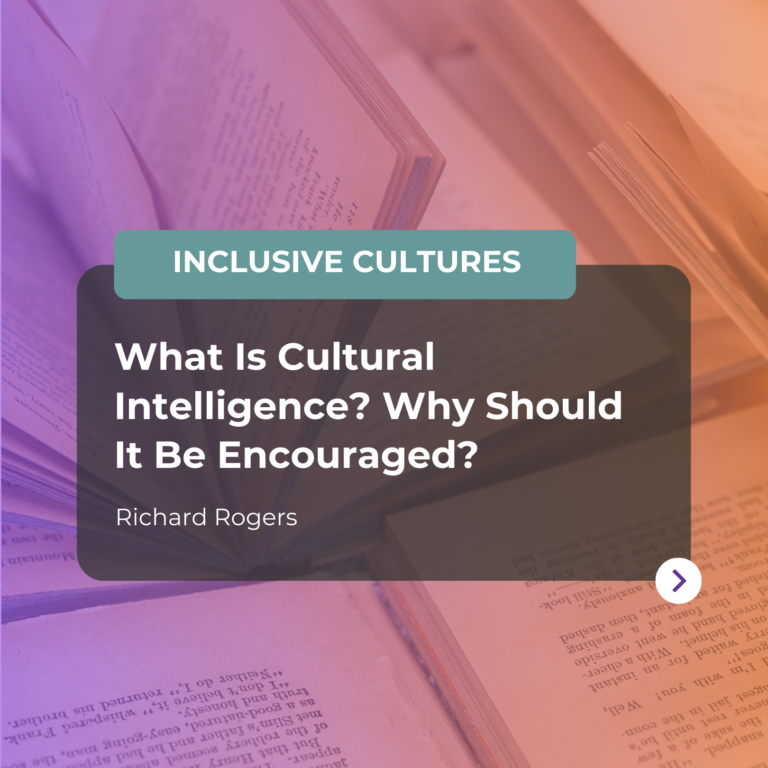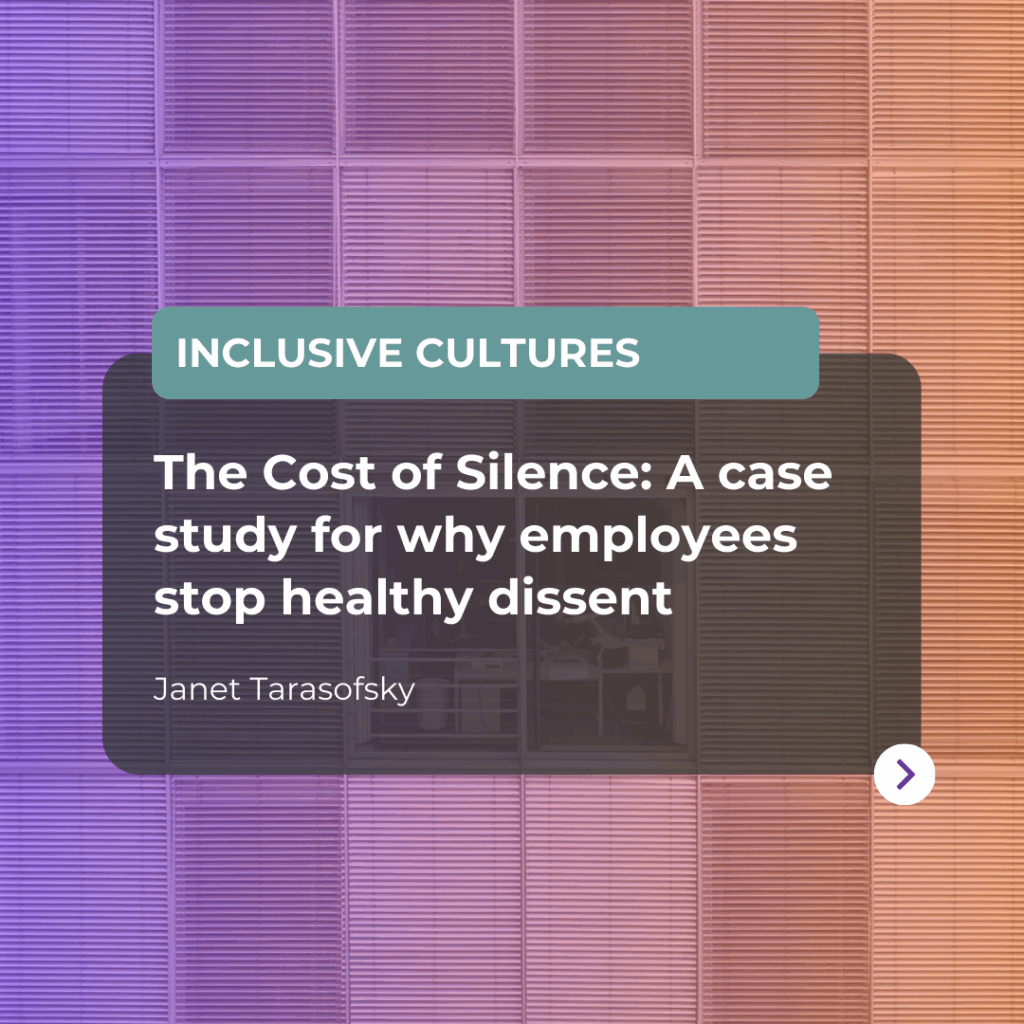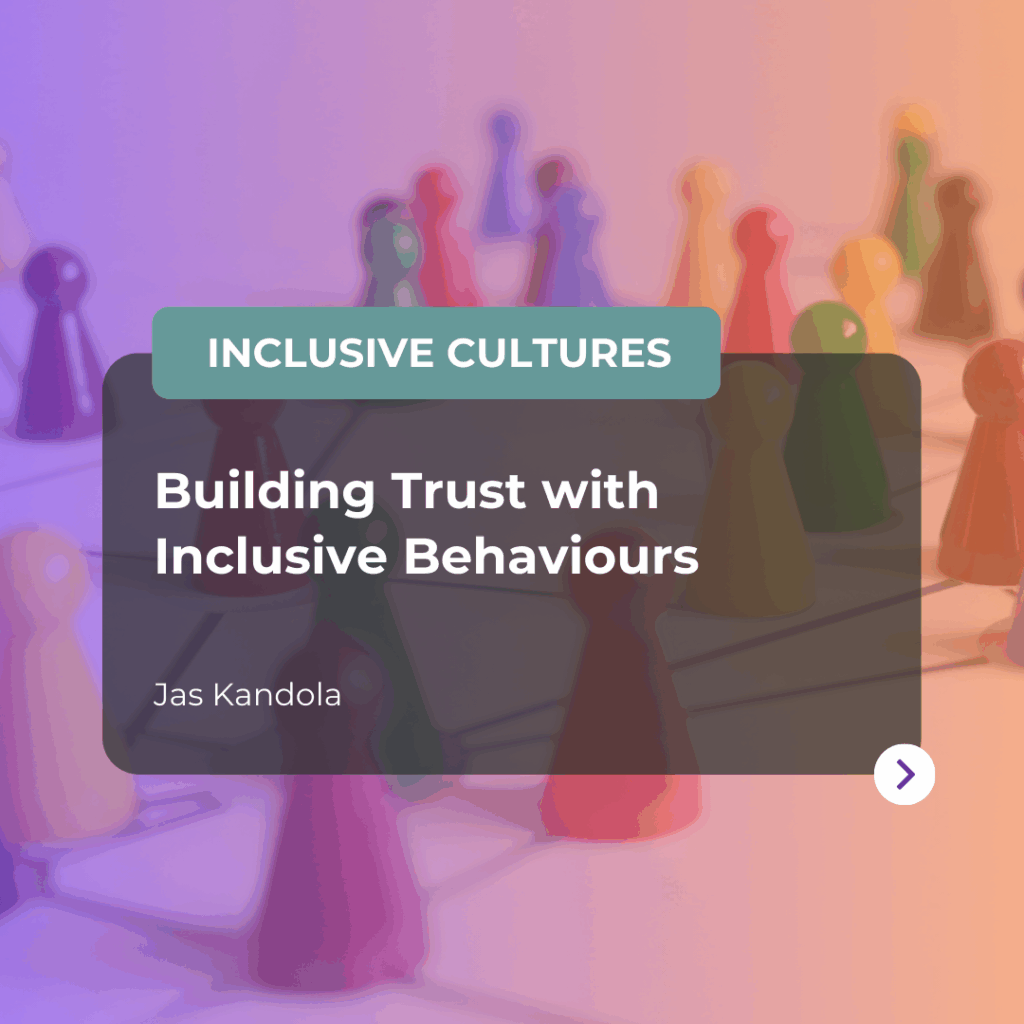In the eyes of the law, religion is a protected characteristic. Covered by the Equality Act 2010, it sits alongside others such as age, disability, race, pregnancy and sex. As a result, to discriminate, harass or victimise someone at work, on the grounds of their religion or belief, is legally prohibited.
This likely comes as little surprise. Most of us would be appalled by the idea of discriminating against a colleague on account of their religion. And yet, in recent years, more and more cases relating to religion and belief have come through the courts, suggesting that such behaviour may be on the rise.
Following the release of Pearn Kandola’s Religion at Work Report, I discussed this issue with Amy Leech and Simon Fennell, employment experts from law firm Shoosmiths. Over the course of our conversation, which is available to listen to in full via the Religion at Work Podcast, we explored why this might be happening, the legislation surrounding religion at work, and whether our own workplace policies be discriminating – perhaps even unknowingly – against employees of faith.
Discrimination
There are different types of discrimination, all of which are unlawful.
Direct discrimination refers to an employer knowingly treating an employee – or even a job applicant – less favourably because of their religion or belief. But it’s indirect discrimination that typically catches employers out, often with a policy or practice which, on the face of it, appears fine, but in reality, disadvantages people of a certain religion or belief.
For instance, an employer might insist that everyone wears a uniform while at work. But if a colleague wishes to wear a particular piece of religious clothing, and if that item clashes with the dress code, a determination must be made as to whether the employer can justifiably insist the employee not wear it. If someone wants to wear a necklace in an area where loose articles may cause a safety hazard, that decision may well be justified. But if it’s simply a case of wanting all staff to appear uniform, it may be that the employer has to relax their dress code in order to allow it.
So, if employers are thinking about implementing new policies – or even reviewing policies that are already in place – they must take real care to determine whether it will disadvantage a particular group.
Inclusion policies
Most organisations have great inclusion policies when it comes to characteristics such as race and gender. But religion and belief is an area that’s still developing.
A key consideration, when designing such a policy, must be that it’s communicated and put properly into action. If a policy isn’t adhered to or people aren’t aware of it, it isn’t serving anyone. Likewise, a policy mustn’t be forgotten once it’s in place. It should evolve with the workforce and exist for the purpose of actually enhancing the workplace, rather than simply to tick a box.
Typically, the response to any kind of policy or training is good. While there are some who won’t entertain the idea of discussing other people’s beliefs, most want to understand and learn. However, a large part of the problem is a lack of discussion. People need to be more aware. So, for employers, it’s about ensuring there’s a place for that discussion, and recognising that different people have different beliefs and requirements. Setting up networks can be a great help, providing a dedicated space for people to educate and support each other.
Taking discrimination seriously
If an employee raises an internal complaint or grievance, because they feel they’ve been discriminated against on the basis of their religion or belief, it’s the responsibility of their employer to ensure that complaint is thoroughly investigated, and that the employee is assured they’re being taken seriously.
Following that investigation, the employer needs to address any discriminatory behaviour that has been uncovered and take steps to prevent it from happening again. Returning to the idea of continuous learning, it may be that a scenario has arisen which the employer hadn’t envisaged, and that an update or refresher is therefore required. The nature of belief and the laws surrounding it are constantly changing, with new requirements to regularly consider. It’s about keeping the organisation’s attitude fluid, and as times change adapting policies and processes to reflect that.
Either way, it’s important to respond appropriately to any claims of discrimination and put steps in place to prevent it. For both the victim and their employer, it’s preferable for all involved to proactively prevent it than to go down the route of a tribunal.
Learn more
Religion in the workplace is a complicated and ever-changing subject. At the same time, it’s one that every employer must understand and address. For those eager to learn how they can make their workplaces more inclusive for people who have a faith, my conversation with Simon and Amy is available via the Pearn Kandola Religion at Work podcast. They have a wealth of insight to share, which I’m sure any employer will find insightful.
If you’re interested in learning more about our workshops on Religious Inclusion in the workplace, please contact us at info@pearnkandola.com






